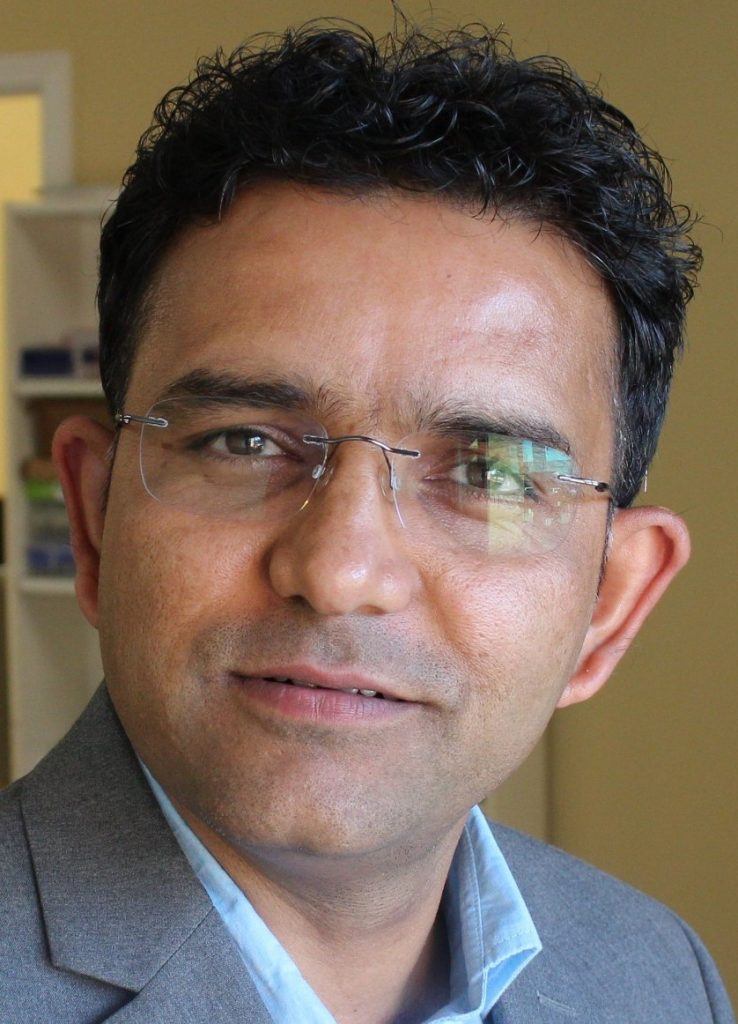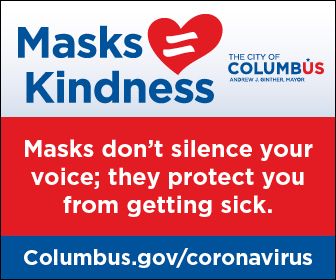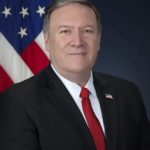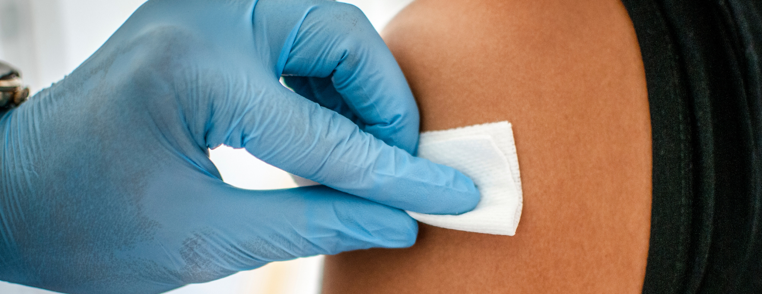By Sudarshan Sharma

As the COVID vaccine rollout is now in phase 2, there is a growing hope among ordinary citizens to be vaccinated. But an evaluation of this vaccine is necessary. The COVID vaccine must have been the most awaited medical miracle in the world in this century, if not the millennium. And it did happen at “lightning speed”. No vaccine on record has been in public for mass vaccination within a year from the time the research began.
On one hand, almost all the health care resources in 2020 were poured into battling the spread of coronavirus pandemic while on the other, the last twelve months had completely been devoted to developing a safe vaccine against the virus.
With great sacrifice made by researchers, scientists, healthcare workers, and of course, the vaccine trial volunteers, the vaccine is now out for mass vaccination. This indeed is the best gift of the year 2021 to all of us, not only to individuals who can afford it or to the ones who are privileged.
However, as the mass vaccination began, the program also raises some serious questions about who should receive the vaccine first and who should wait in line. This is profoundly the biggest moral question of this time. Thus, on which side of the moral question we want to be is up to each of us. With deep reckoning, we can choose the moral side that we want to be content with.
All nationals including the United Nations have a plan and policy by now about who should get the vaccine first and who can wait in the line. These plans and policies are not perfect, and neither are we expecting them to be legal and binding. But as global citizens, we must think beyond our mere need to be safe and be the first in the line or simply be privileged.
The other obvious concern the global health care community is distressed about is the possibility of these vaccines in the hands of wrong actors as well as fake vaccines being sold through black markets, especially in the poor and developing countries. At the same time, there is this possibility of people and organizations in places of power and influence to divert these resources for their own consumption and safety in the name of promotion.
This is one of those times in history where human values are judged based on not what we have but what we can give. It is time for individuals to think deeply about what can be done to contribute to this ongoing global humanitarian effort. It’s a time for restraining oneself and letting others go ahead in line, especially those who need the care most.
As the mass vaccination started in the first week of December in the United Kingdom, the rest of the Western counties including the United States followed suit soon after. Also, the State of Ohio rolled out its plan in the first week of January.
Now the vaccine rollout phases are publicly available. Perhaps to answer the question of equity, it is divided into different phases. Phase-I of the 1A included, obviously, the frontline medical workers who attend to COVID patients, the doctors, and nurses who are in the hospitals, clinics, nursing care, Ohio veterans’ homes, people living in the psychiatric hospitals, group homes, and those with a developmental disability and importantly the EMS responders.
Phase 1B which is announced to start on January 19, 2021, according to government officials “focuses largely on those who are 65 and older. Those in this age group are most vulnerable to COVID-19 and make up more than 87 percent of Ohioans who have died from the virus.
Phase 1B also includes schoolteachers and other school staff who will be offered the vaccine in an effort to get Ohio’s children back to school as soon as possible. In total, phase 1B includes an estimated 2.2 million people.”
Additionally, in the next phases, people in the frontline beside medical workers would be offered the opportunity to be vaccinated. But unfortunately, what we are witnessing is that people who are being vaccinated in the 1A phase do not fall into that category. People who are working from the safety of their homes are being vaccinated when the most vulnerable are still waiting in the lines. Will it be right to say that those who are cutting lines and standing ahead of the folks listed in phase 1B are on the wrong side of the moral question? This, we must have to answer at an individual level in a long time to come. I would not say it is wrong that some of us got vaccinated way before we should have been. Yes, everyone should be vaccinated ultimately, and for sure, those who wanted to be vaccinated should get it. However, is it ethical, or moral to do that even if it is a matter of a week apart?
Also, the question of health equity needs not to be reckoned with only at an individual level but at the societal level as well. One can say that we would be judged for our actions not by our words. But this statement is, of course, a moral of pessimism. Here is the take. Practically speaking though, each of us in good health conditions and in the age range that is considered safe should not be rushing in the line. Those in the “optimum” group, for lack of a better word, I would say need to make sure to let vulnerable get first in the line.
In this global healthcare outreach, the optimism must be the torch bearer now since it has been passed down to us. The moral compass of humanity lies in the hands of the optimum group; however, the context may change with the moral issues.
To do that we need a small gesture. By doing that perhaps we can hold the moral compass where it should be pointing to. This is not for personal satisfaction or for moral policing of others. Rather, profoundly, answering a moral question by the action of doers who righteously carry the right action in essence answers who we are as humans.
If that is too big to think, I would simply suggest, let’s stand on the line until the last person gets vaccinated who needs to be vaccinated. We shall wait in line thanking those who made enormous sacrifices in the first place and passed it down to us to hold the touch. Of course, we may have to be in the cold for a while, but it is the right thing to do when we are making sure and when we are cherishing humanity. (Sudarshan Sharma is Executive Director BCCO, New American Advisory Board Ohio Governor, Minority Health Advisory Committee to Governor DeWine, and member of New American Advisory Council)

































Leave a Reply
You must be logged in to post a comment.